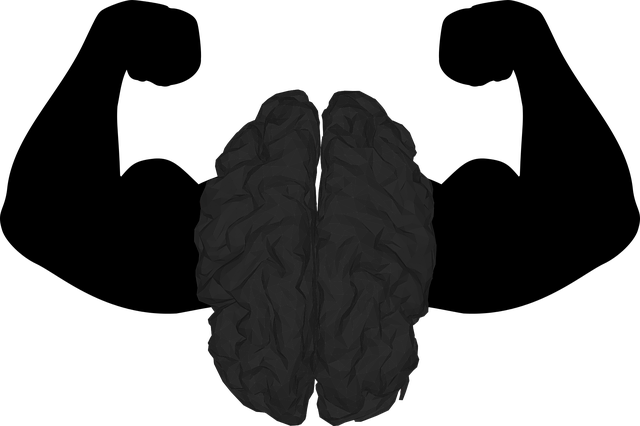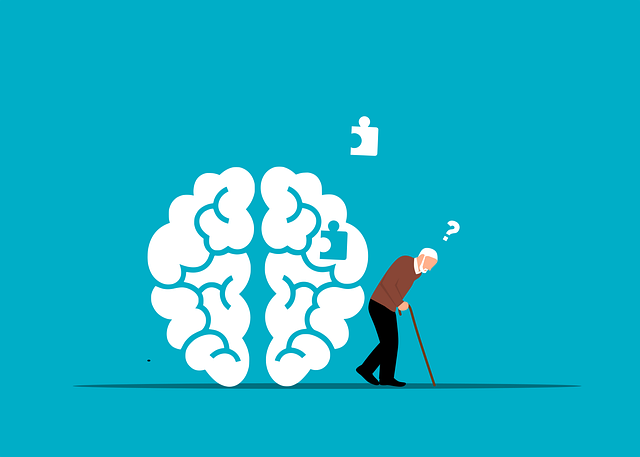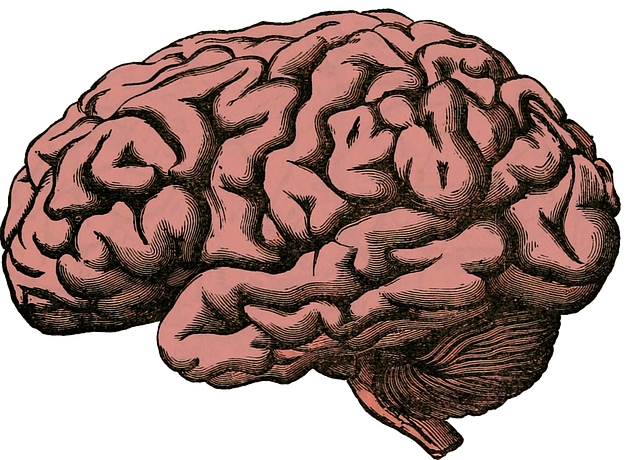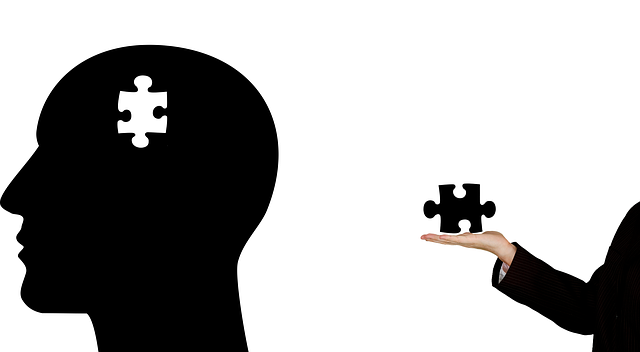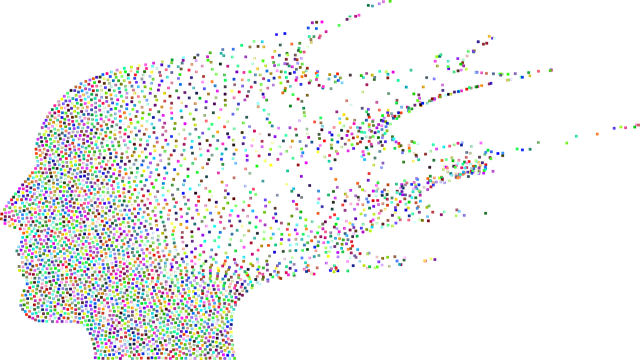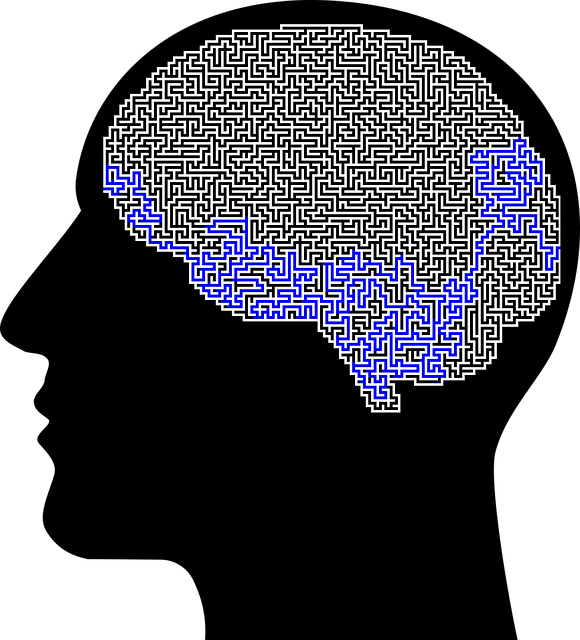Mindfulness meditation, an ancient practice backed by science, enhances mental well-being and is a key component of Superior Cognitive Behavioral Therapy (CBT). Regular practice improves brain function, increases gray matter density in memory and emotional regulation areas, and boosts self-esteem. Creating calm spaces with tools like apps and guided recordings boosts CBT outcomes and prevents burnout. Both guided and unguided meditation sessions teach individuals to focus on the present moment, manage stress, and make healthier decisions, ultimately fostering emotional resilience and overall mental wellness.
“Unwind your mind and embrace a superior approach to well-being with mindfulness meditation—a powerful tool within the realm of Cognitive Behavioral Therapy (CBT). This practice guides you towards a deeper understanding of yourself, fostering emotional balance. From the science behind its effectiveness in enhancing brain function to practical tips for establishing a routine, this article is your comprehensive guide. Learn about various techniques, from guided meditations to body scans, and discover strategies to seamlessly integrate mindfulness into your daily life, ensuring long-lasting cognitive behavioral benefits.”
- Understanding Mindfulness Meditation: A Foundation for Cognitive Behavioral Therapy
- The Science Behind Mindfulness: Enhancing Brain Function and Emotional Well-being
- Setting Up Your Practice: Tools and Environment for Effective Meditation
- Techniques to Master: Guided vs. Unguided, Body Scans, Breath Awareness
- Integrating Mindfulness into Daily Life: Cognitive Behavioral Strategies for Sustainability
Understanding Mindfulness Meditation: A Foundation for Cognitive Behavioral Therapy

Mindfulness meditation is a practice that has gained significant attention for its profound impact on mental well-being and overall quality of life. At its core, it involves focusing one’s awareness on the present moment, non-judgmentally, thereby fostering a deeper understanding of thoughts and emotions. This ancient technique serves as a cornerstone in Superior Cognitive Behavioral Therapy (CBT), where it enhances the therapeutic process by promoting self-awareness and emotional regulation.
By integrating mindfulness into CBT practices, therapists can help individuals develop effective coping strategies for managing stress, anxiety, and even depression. Public Awareness Campaigns focused on mindfulness have contributed to growing interest in Self-Esteem Improvement and Depression Prevention, highlighting the potential of this ancient practice in modern mental health care.
The Science Behind Mindfulness: Enhancing Brain Function and Emotional Well-being

The practice of mindfulness meditation has gained significant traction due to its profound effects on brain function and emotional well-being. Scientific research has revealed that mindfulness, a mental state achieved by focusing one’s awareness on the present moment while calmly acknowledging and accepting feelings, thoughts, and bodily sensations, can dramatically alter brain structure and function. Studies using advanced neuroimaging techniques have shown that regular mindfulness meditation practice increases gray matter density in regions of the brain associated with memory, emotional regulation, and decision-making. This suggests that mindfulness has the potential to enhance cognitive abilities and improve mental resilience.
In addition to its impact on brain health, mindfulness meditation is also recognized as a powerful tool for Self-Esteem Improvement, Burnout Prevention, and Mental Wellness Coaching Programs Development. The process of cultivating present-moment awareness can help individuals develop a deeper sense of self-acceptance and compassion, which in turn boosts self-esteem. By fostering a non-judgmental relationship with one’s thoughts and emotions, mindfulness meditation prevents the mental fatigue and emotional exhaustion that often lead to burnout. Furthermore, integrating mindfulness into coaching programs can empower individuals to navigate life’s challenges with greater clarity and composure, ultimately contributing to improved overall mental wellness.
Setting Up Your Practice: Tools and Environment for Effective Meditation

Setting up a dedicated space for your mindfulness meditation practice is crucial for effective therapy and cognitive behavioral therapy (CBT) techniques. A quiet, comfortable environment free from distractions allows for optimal focus and mental clarity. Consider using tools like meditation apps or guided recordings to assist in navigating through various techniques, especially when first starting out. Creating this structured setup facilitates the development of a consistent routine, which is vital for burnout prevention and emotional regulation.
Your surroundings should promote relaxation; soft lighting, soothing scents, and comfortable seating can all contribute to a sense of calm. By incorporating these elements into your practice space, you’re not just setting up a meditation area but also cultivating an environment that supports mental wellness coaching programs development and overall emotional well-being.
Techniques to Master: Guided vs. Unguided, Body Scans, Breath Awareness

In the realm of mindfulness meditation practice, understanding the nuances between guided and unguided sessions is key to unlocking superior Cognitive Behavioral Therapy (CBT) benefits. Guided meditations, often led by a facilitator or recorded voice, can be particularly beneficial for beginners as they provide step-by-step instructions, making it easier to focus on the present moment. These sessions are akin to navigating a labyrinth with a map, allowing practitioners to experience meditation without the immediate pressure of self-guidance.
On the other hand, unguided meditation offers a more independent approach. Techniques such as body scans and breath awareness serve as powerful tools in this context. Body scans involve methodically focusing attention on different parts of the body, fostering a deep connection with physical sensations. Similarly, breath awareness encourages practitioners to observe inhalation and exhalation without altering them, serving as a stable anchor for the mind. These practices are not just effective for stress management workshops or burnout prevention; they also boost confidence by teaching individuals to be more attuned to their bodies and minds, thereby enhancing overall well-being.
Integrating Mindfulness into Daily Life: Cognitive Behavioral Strategies for Sustainability

Integrating mindfulness into daily life is a powerful strategy for enhancing mental wellness and sustaining superior cognitive behavioral therapy (CBT) practices. CBT techniques, often used to treat various mental illnesses, can be combined with mindfulness meditation to foster resilience against stress and negative thoughts. By incorporating mindfulness moments throughout the day—such as mindful breathing exercises during breaks or conscious eating practices—individuals cultivate a heightened awareness that supports healthier decision-making and emotional regulation.
This integration goes beyond mere relaxation; it involves applying cognitive strategies to recognize and reframe unhelpful thought patterns. Mindfulness becomes a tool for navigating life’s challenges, enabling individuals to approach difficult situations with greater calmness and clarity. Moreover, social skills training can be enhanced through mindfulness practices, fostering deeper connections and reducing the stigma associated with mental illness. The interplay of CBT and mindfulness has proven effective in various settings, including mental wellness podcast series production, where sharing personal growth journeys can inspire others to embrace these transformative techniques.
Mindfulness meditation, as a cornerstone of superior cognitive behavioral therapy, offers a transformative path towards enhanced brain function and emotional well-being. By integrating practical techniques from setting up your ideal practice environment to mastering guided and unguided approaches, you can cultivate a sustainable mindfulness routine. These strategies not only promote mental clarity but also foster a deeper connection with your thoughts and emotions, ultimately enriching your daily life.
